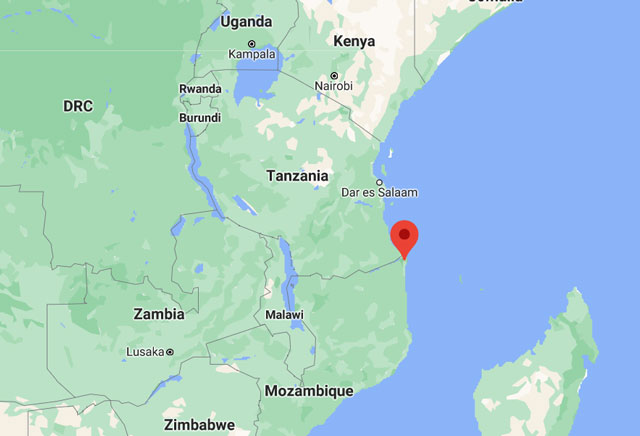
As Mozambique joins the world’s liquefied natural gas exporters with its first shipment to Europe, it’s also scaling renewable power projects to manage a regional power deficit.
Maputo, Mozambique | BIRD STORY AGENCY | Last month, Mozambique’s National Petroleum Institute, INP, announced plans to begin exporting LNG gas to Europe from its Coral Sul floating facility, off Cabo Delgado province.
The export results from a Free-on-Board contract agreement signed earlier between British oil and gas multinational, bp, Italy’s Eni and American multinational Exxon Mobil, to generate 3.4 million tons of LNG from the Coral Sul floating unit, annually.
The unit is installed some 80 kilometres off the shore, in the southern part of Area 4 of the Rovuma Basin, with wells located in 2,000 meters of water and has a design life of 25 years.
Energy Voice – a global energy conversation blog – notes in a more recent publication that Eni confirmed LNG gas production at Coral Sul was already in progress with “first cargo expected shortly.”
Direct profits for the country are estimated to hit US$391 billion over 25 years – accumulated from taxes payable by the companies, bonuses, profit dividends and other fees charged.
More projects are expected to follow suit from the country’s four natural gas fields, including Coral Sul, Mamba Complex, Golfinho-Atum Complex and Prosperidade Conventional Gas Field.

The four reserves, upon optimal exploitation, would yield 55.48 million tonnes per year and propel the Southern African country to command 1% of global natural gas output.
In addition, Total Energies’ US$20 billion gas project at Rovuma Basin in Cabo Delgado is expected to resume operations after security stabilised in the province, which suffered a more than one-year-long conflict, propagated by Al-Shabaab militant invasions.
Africa provides a viable gas alternative for Europe as the West’s dependence on Russian gas supplies has snarled up due to the Russia-Ukraine war.
However, even as Mozambique targets European gas markets, it is faced with a massive local energy deficit, which it plans to manage by mobilising investments to fund power-generating projects.
A World Bank Report estimates more than 22 million people in Mozambique lacked electricity access in 2020, while neighbouring South Africa is struggling to keep the lights on and provide power to its well-developed economy.
Mozambique has a 7GW power deficit, while recent reports suggest that South Africa is scrambling to add over 53GW of capacity to its grid by 2032, as much of South Africa’s ageing, coal-fueled power fleet reaches end-of-life.
According to Luis Ganje, Mozambique’s Director of Market Operations at Electricidade de Mozambique, the country’s power utility company, Mozambique would turn the numbers around to “be a power generation hub that will meet the demand for universal power access by 2030.”
Ganje, speaking at the 59th General Meeting of the Southern African Power Pool (SAPP), hinted at government commitment to attract investment that would realise the development of the Mphanda Nkuwa hydroelectric project on the Zambezi River.
The estimated US$5 billion hydroelectric power project would boost power access in the country with an estimated 7GW power deficit.
Ganje also revealed government plans to construct a 563-kilometre-long new transmission power line between Temane and Maputo to encourage further industrialisation.
****
SOURCE: bird story agency
 The Independent Uganda: You get the Truth we Pay the Price
The Independent Uganda: You get the Truth we Pay the Price





